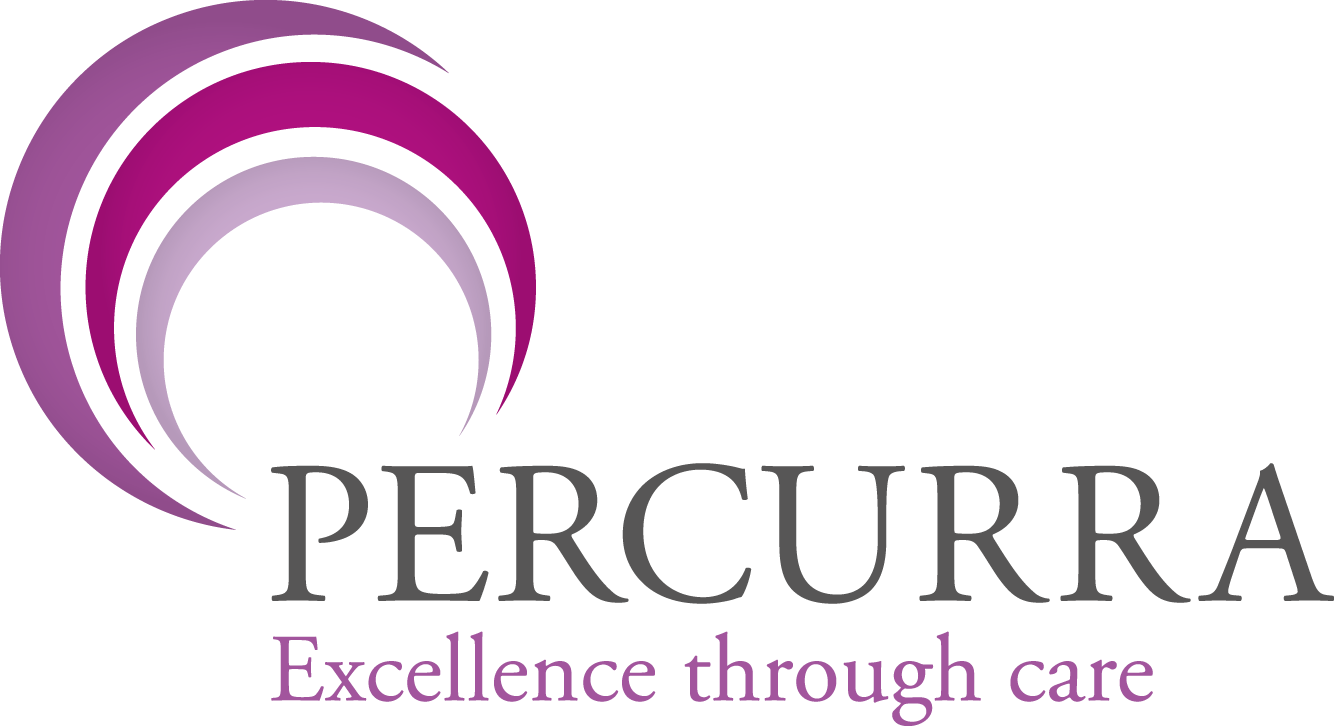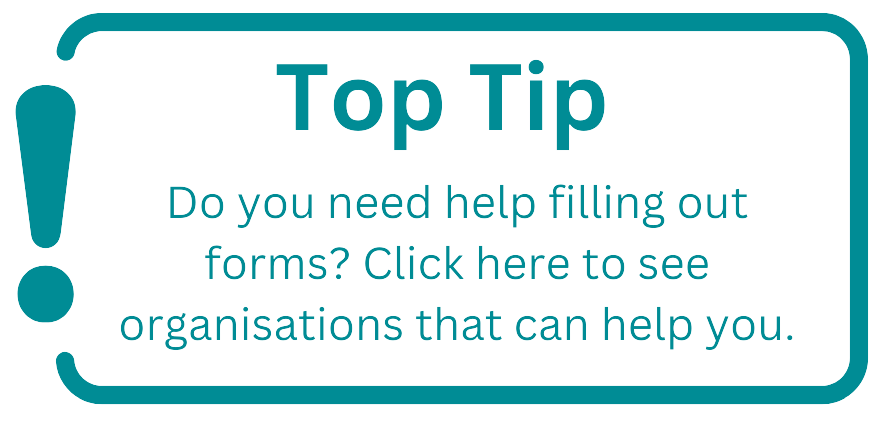
Financial help for unpaid carers
If you are helping someone regularly with their daily tasks and you are not paid to do it the you are an 'unpaid carer'. You don't need to live with the person you are caring for. Tasks such as washing, dressing or helping them take their medication all count as carer duties.
Other activities like taking a person out shopping or to the doctors, doing their laundry, cleaning or paying bills also count as 'caring'. Even providing emotional support by keeping someone company is a 'caring' activity.
Financial help is available for carers. The Carers Allowance and Carers Credit are Government benefits. You have to meet strict criteria but if you are not claiming these already you should check to see if you are eligible.
If you care for someone, you can have an assessment to see what might help make your life easier. This is called a Carer's Assessment.
It might recommend things like:
- someone to take over caring so you can take a break
- gym membership and exercise classes to relieve stress
- help with taxi fares if you don't drive
- help with gardening and housework
- training how to lift safely
- putting you in touch with local support groups so you have people to talk to
- advice about benefits for carers
A carer's assessment is free and anyone over 18 can ask for one. It's separate from the needs assessment the person you care for might have, but you can ask to have them both done at the same time.

Carers Allowance
This allowance is means tested and only available to those aged 16 or over, who spend at least 35 hours a week caring for someone. The care can include:
- helping with washing and cooking
- taking the person you care for to a doctor’s appointment
- helping with household tasks, like managing bills and shopping
You will only be eligible for Carer’s Allowance if you and the person you care for meet certain criteria eg earning less than £151 a week. For example, the person you care for must already be receiving a benefit such as attendance allowance.
Carers Credit
Carer's Credit is a National Insurance (NI) 'credit' for people who provide care for at least 20 hours a week. Your income, savings or investments will not affect eligibility for Carer’s Credit.
You must be over 16 but not yet at State Pension age. It's designed to protect your NI record from gaps, as many carers might need to give up paid work to provide care for someone.
Grants from the Local Authority
Direct payments from a Carer’s Assessment (or Adult Carer Support Plan in Scotland)
After you have arranged a Carer’s Assessment with the local council (or an Adult Carer Support Plan in Scotland), you may be eligible for a direct payment to help pay for gym memberships, driving lessons, wellbeing classes and more.
Your local council may offer grants to help with home adaptations or equipment. Also, there is no VAT to pay on adaptations for someone with a disability (VAT relief).
Occupational therapists may also be able to help with equipment and. In some cases, a grant may be available.
Council Tax reduction
You may be entitled to a Council Tax reduction - this depends on what you earn. If you have an additional room to provide for the needs of the disabled person you care for you may be able to reduce your council tax band.
The person you care for may be eligible for 100% discount if they are severely mentally impaired.
Paying Water Bills
If you use a lot of water for medical purposes you may be entitled to money off your bills. Click below to find out more.
Prescriptions
People over 60 years of age are entitled to free prescriptions and, people under 20 years who receive certain benefits can also get free NHS prescriptions.
Heating Benefits
Click on these useful links to check if you (or the person you care for) are eligible for help with utility bills and services.
The charity Scope offers free advice
Priority Services Register for carers - Some energy providers may be able to offer extra help and priority access to energy or gas solutions.

Help with Completing Forms
Citizens Advice Bureau: Your local office can help you fill out benefits forms as well as provide guidance and support for various benefit claims. You can get help from their advisors either in person, over the phone or online. Find your local office by clicking here
Disability Support Nottingham: They offer welfare benefits advice and support with completing benefit forms. You can contact their Welfare Rights Officers at 0115 9785095 or email Info@ddnottingham.com
Scope UK: This disability charity provides help with completing various benefit claim forms, including Personal Independence Payment (PIP), Disability Living Allowance (DLA), Carer's Allowance, and Universal Credit. Click here






